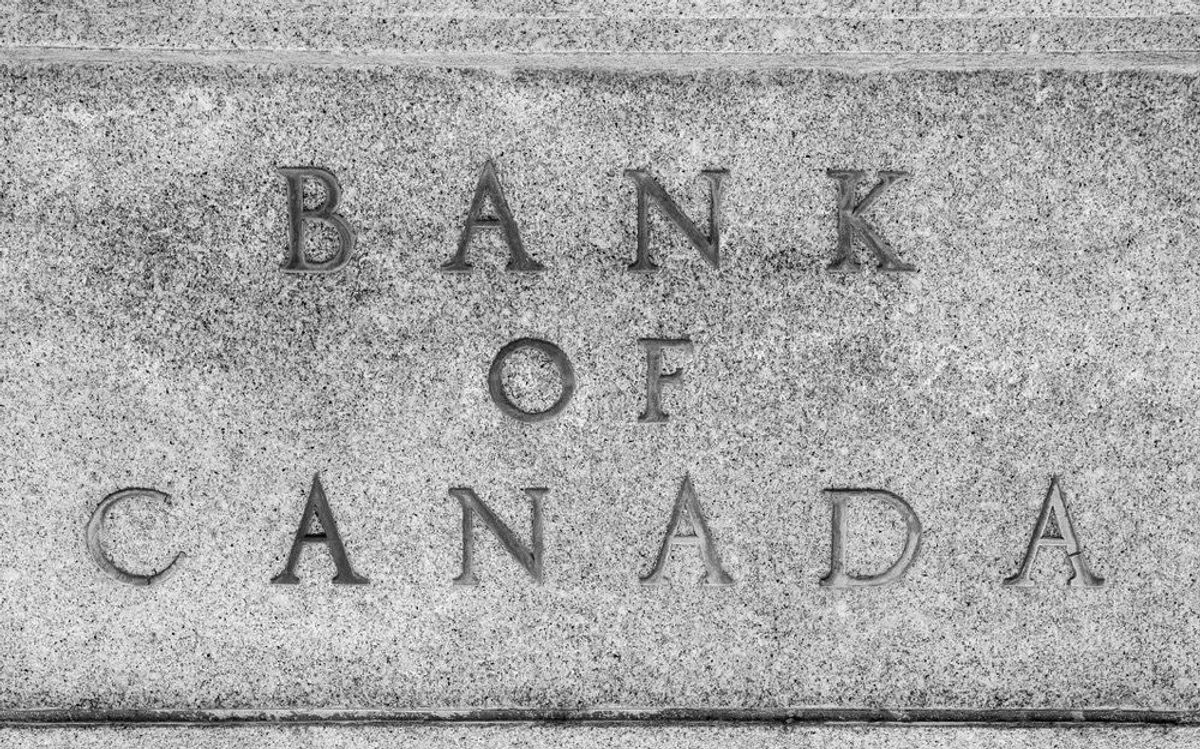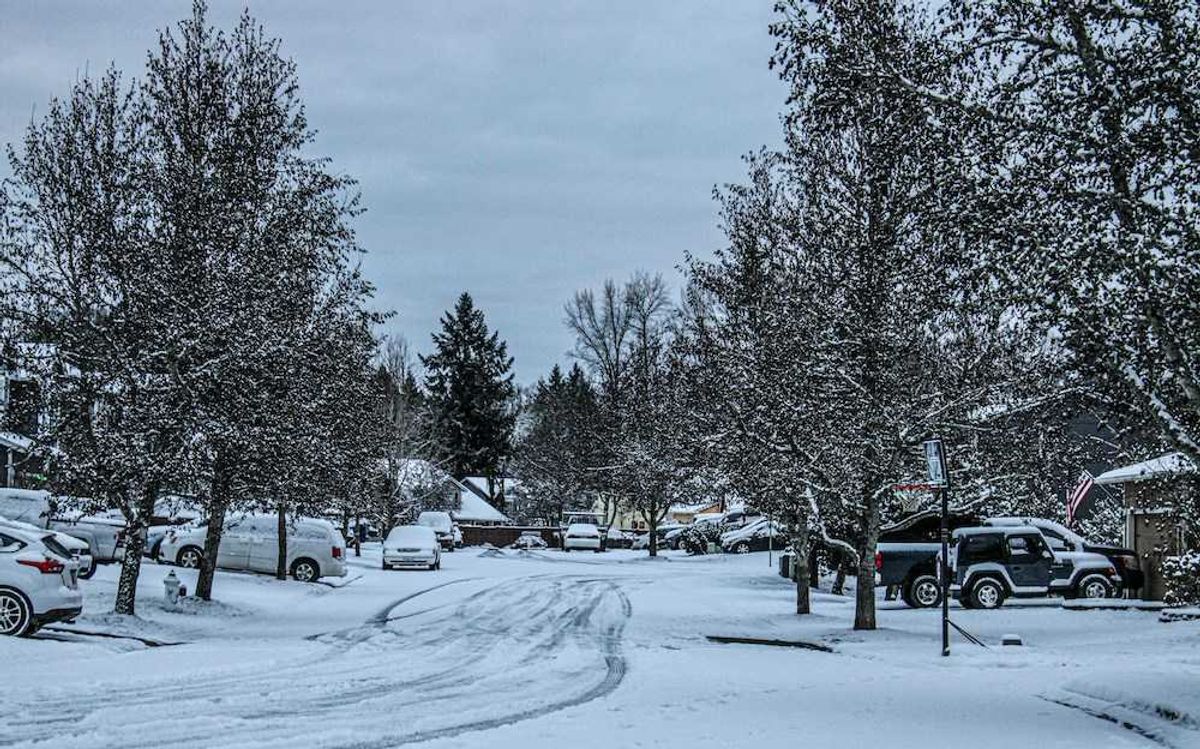The post-lockdown momentum driving GDP in Canada’s provinces will soon slow to a crawl, as the impact of higher interest rates trigger a “mild recession” by mid-2023, says RBC -- and the housing market will bear the brunt.
In a report authored by economists Robert Hogue, Carrie Freestone, and Rachel Battaglia, while 2022 is “shaping up to be another year of solid growth” for the provinces as they come off pandemic-induced contractions from 2020, the growth party is ending.
“The main development to the contrary has been the sharp housing market correction,” reads their report. “The Bank of Canada’s rate hike campaign that began in March triggered a pullback in activity. This was widely felt across the country, though Ontario and British Columbia have been the epicentres. To date, home resales are down more than 40% in both provinces, far exceeding the 18% drop in the rest of the country.”
READ: GTA Home Sales See Small Rally in August, Prices Remain Flat
The economists note that home prices in these provinces are under heavier downward pressure given how rapidly they grew during the pandemic. As a result, Ontario and BC buyers are more sensitive to interest rate hikes, which the authors say are far from over; they’re calling for the Bank of Canada to raise its policy rate to 4% by the end of this year. That’s going to lead to “the sector to subtract materially from growth in 2023 in every province,” with Ontario and BC already feeling the pinch.
“The housing downturn will mark a notable turning point for most provincial economies. A booming residential sector in the past two years provided tremendous thrust to the recovery from the pandemic recession,” they write.
“We expect a higher cost of living and the Bank of Canada’s tighter monetary policy to slow momentum to a crawl in 2023. At the national level, we project a mild recession in the middle of the year, which will be felt broadly across the country.”
Rising interest rates will also amp up the debt pressure on Canadian households, which the authors note has accumulated considerably over the past decade. Higher debt service payments will squeeze household budgets, especially in BC, Ontario, and Alberta, where debt is highest relative to income, says the report.
READ: “Rate Hikes Are Starting to Bite” As Canada Loses 40,000 Jobs in August
Combined with declining residential property values, that packs a double whammy for residents’ net wealth. The average Canadian home price had fallen 23% from the market’s February peak in August, to $629,971 -- a decline in value of more than $186,000.
“We expect the one-two-three punch of rising rates, high inflation and eroding wealth to take a serious toll on supercharged consumer spending,” write the economists. “Indeed, a steep drop in consumer confidence across the country since spring is already pointing in this direction. The mood has so far swung more sharply in Atlantic Canada where the country’s highest inflation no doubt weighs heavily on people’s minds. Prairie consumers’ confidence, on the other hand, has held up comparatively better, possibly reflecting brighter income prospects arising from improved commodity markets.”
The good news, they say, is inflation is set to moderate over the coming year, as the supply chain challenges continue to unsnarl and the demand of goods and services soften. However, it’ll take time for its effects to unwind, with the economists expecting it’ll remain “well above” the BoC’s 2% target next year in every province.
The report states that the Prairie provinces are set to best withstand the economic downturn, given elevated commodity prices and rebound in the agricultural sector, with Saskatchewan (6.4%), Alberta (5.1%) and Manitoba (3.7%) topping their 2022 growth rankings. We expect growth to moderate in all other provinces -- though remain positive -- as the new headwinds hit.





















